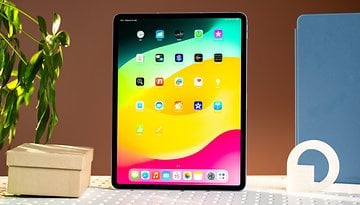Google Pixel 9's Tensor G4 Processor May be a Slowpoke


Read in other languages:
While Google is set to announce the Pixel 8 on October 4, new details have surfaced concerning the company's Pixel 9 that is due in 2024. What's interesting in particular would be insights into the Tensor G4 chipset found in the flagship Android smartphones, which may introduce a minor speed bump over the Tensor G3 that powers the Pixel 8.
- Don't miss this: Differences between Snapdragon and Exynos mobile processors
This juicy bit of information hails from Android Authority's Kamila Wojciechowska, who has been a regular Pixel leaker over the past months. According to its insider source, the Tensor G4 SoC that will power the Pixel 9 and Pixel 9 Pro is a marginal upgrade compared to the Tensor G3, disappointing those who are expecting significant improvements from the unannounced flagship chip.
There was not much detail leaked in terms of the silicon's processing and graphics parameters, so we do not really have a good grasp on the exact changes. However, it would most likely mean the custom chip will only offer a marginal difference in the different core clock speeds, similar to the Pixel Fold (review) and the Pixel 7's Tensor G2 which was a slight improvement over the G1.

Having said this, the Tensor G4 could still be based on Samsung's Exynos 2400 SoC and be similar to the semi-custom Tensor G3 after all. Hence, the pure in-house chipset from Google, which may be aptly named the Tensor G5, could only be ready on the Pixel 10 by 2025. This speculation is based on a 3 nm lithography node that should enable a more efficient output.
As for the Pixel 8's Tensor G3, the chip is already a major upgrade from the Tensor G2. It has a nona-core CPU configuration alongside a more capable GPU with machine learning capabilities. Despite this architectural change, the Tensor G3 is still seen to lag in performance compared to the Snapdragon 8 Gen 2 and last year's Snapdragon 8+ Gen 1.
If Google fails to improve its Tensor chipsets, do you think they are better off using Qualcomm's Snapdragon chips on its Pixel devices? We're eager to hear your thoughts about this.
Via: Android Authority















